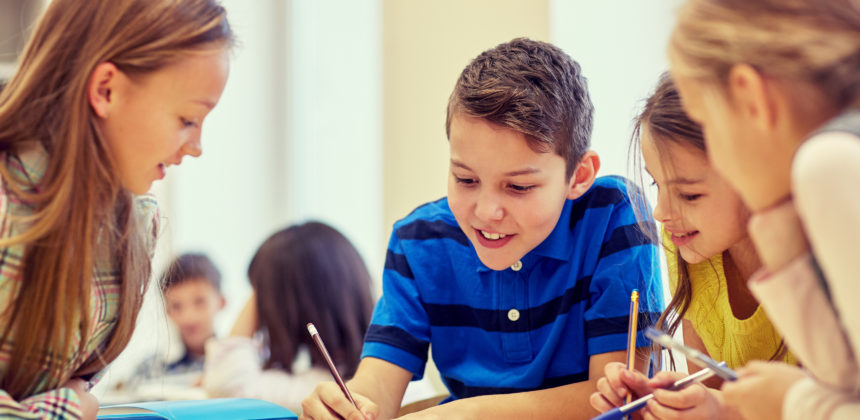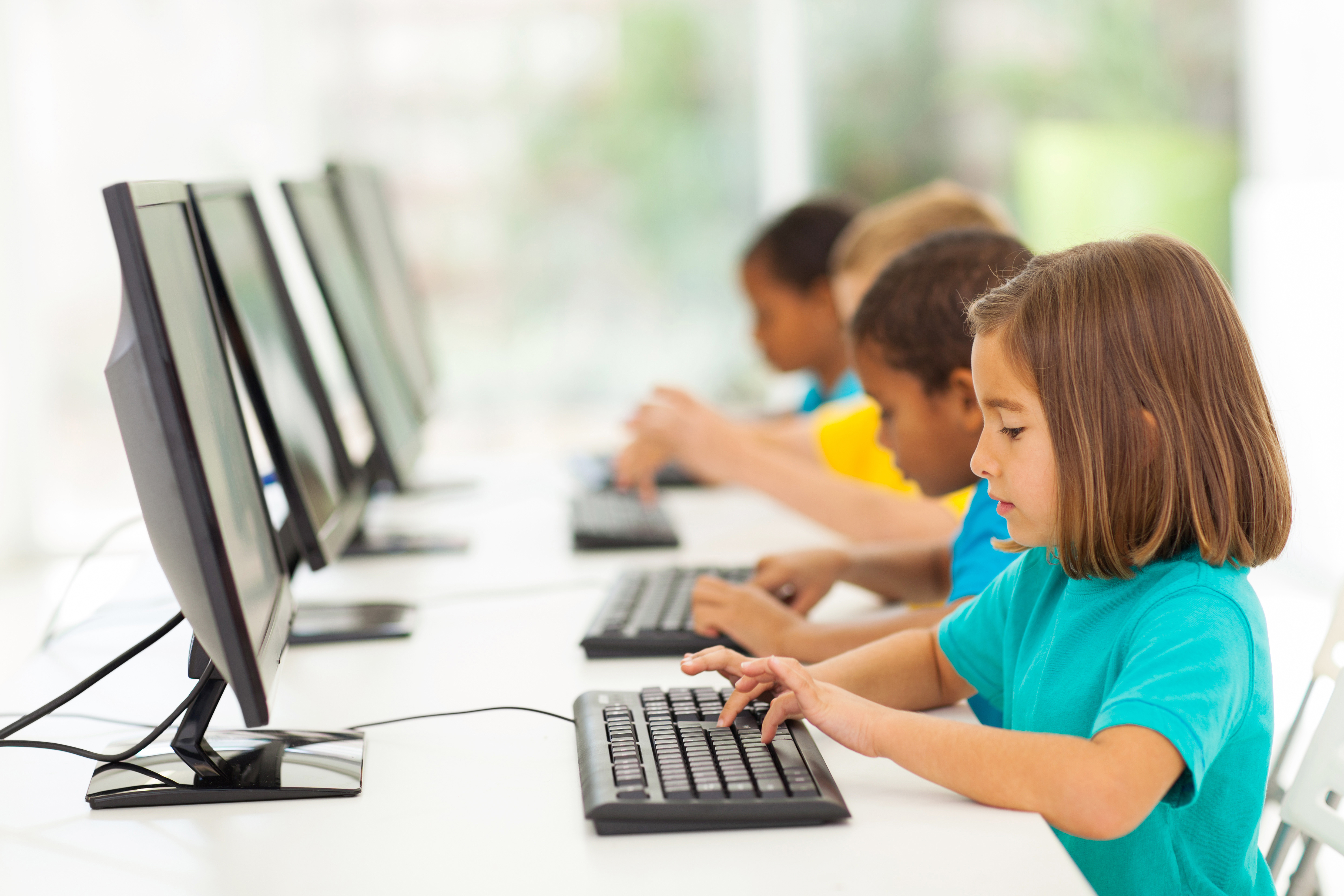Should Textbooks Be Replaced By Notebook Computers?

Textbooks Vs. Computers
Which is the better way for students to learn?
One of the biggest questions on the minds of educators is how much technology is enough in the classroom. The debate between “textbooks vs computers” has been going on for a long time and with more technology in the classroom than ever, that debate won’t end anytime soon. Tablets, laptops such as a لابتوب هواوي, smartboards, and other technologies continue to make their way into the classroom as learning tools for students.
The question this leads many people to ask is, should students’ textbooks be replaced by notebook computers in the classroom?
Computers — A Suitable Learning Tool For Students?
There is no doubt computers are powerful tools — after all, they are used for almost everything we do today. We use them to communicate with friends and family, to organize our lives, and to learn and find new information. If you do not have one, you can have a gaming pc build under 400 USD and use it for research or even working.
But how well do students learn when they use computers? This is the question educators and parents face every day. Let’s take a look at the impact computers have on learning.

Computer Learning — The Good
Access to the Latest Information
Computer-based lesson plans are updated in real time. This means that new information can be added to as soon as it happens. Thanks to this, students can find the most accurate and updated information for whichever subject they are studying.
Training for the Future
Learning through computers is an opportunity for students to learn how to use computers for the rest of their lives. Across many industries, computers power a lot of what we do professionally. Giving students the opportunity at a young age can help set them up for success in the future.
Computer Learning — The Not So Good
Overexposure
With so much time spent on computers outside the classroom, one risk of computer learning is overexposing students. It can be hard for students to separate “computer time for learning” and “computer time for playing”. This can lead them to spending time on social media sites rather than following a lesson plan. With so many distractions, using a computer to learn has a negative effect on a student’s ability to concentrate on his or her work.
Lack of Structure
Teachers want to know that students are focusing on their schoolwork and following the lesson plan outlined. Computers provide a lot of free reign to students, letting them stray from a teacher’s planned lesson or even access sources with wrong information. This leads to students who fall behind in class, fail to meet learning objectives, and even learn incorrect material.
High Cost
Computers are expensive, and not all educators or families can afford them. The student experience should not be based on what people can or cannot afford — everyone should have access to what they need to learn. Technology can alienate as much as it can unite people, and the same is true for students.
Textbooks — The Tried And True Approach To Learning
Textbooks have played an important part in students’ learning process for many years of education. Students have used textbooks to learn, explore, and discover, and it has proven to be quite successful. When it comes to the merits of textbook learning, let’s consider some of the impacts textbooks can have on students.

Textbook Learning — The Potential Drawbacks
Outdated Information
Textbooks can sometimes have outdated information if the latest edition isn’t available. This can frustrate students and even provide them with the wrong information. However, this is where having a great teacher makes all the difference. A teacher who emphasizes and expands on the information can help round out anything that is (or isn’t) included in a textbook.
Reading Skills
It can be difficult for students with less-than-average reading skills to keep up when they have to read everything from a textbook. However, strong educators have the ability to guide students and help them improve their reading skills — something you can’t get from a computer.
Textbook Learning — The Benefits
Strategic Learning
Textbooks are professionally curated documents. They have been fact-checked by academic professionals and put together in the best way to present the information. Each chapter of a textbook builds on what a student has previously learned, so they have all the information they need to understand what is being taught.
Tactile Benefits
Using textbooks goes hand-in-hand with writing notes. Students who use handwritten notes are better able to remember important teachings and lessons. This tactile (the sense of touch) experience that students get from reading a textbook and taking notes plays a key role in the learning process.
Progress & Motivation
Students feel motivated when they’re progressing through their schoolwork. Reading a textbook gives young learners the chance to see how they are making their way through their lessons. It helps demonstrate success to students and keeps them motivated to continue learning.
Textbooks vs Computers: The Verdict
Why textbooks make for better learners…
The most important part of the learning process is giving students the chance to connect ideas with what they see in front of them. Textbooks provide students a physical approach to learning and help them process information in a way that is easier than on a screen. Students are also able to see their progress right in front of them and understand what they’re accomplishing as they’re learning.
While computers play a larger role in the classroom than ever before, textbooks remain an important part of the learning process. Computers (and other technologies) can certainly help supplement the work being done by textbooks. Yet, in order to learn effectively, textbooks must remain the focal point of the student’s academic journey.
Where do you stand on the textbooks vs. computer debate?
Let us know which you think is the best way for students to learn on our Facebook page or send us a Tweet @oxfordlearning!
If your child is struggling to keep up in class, learn how Oxford Learning’s Study Skills Tutoring Program can help. Contact us today!
Related Resources:
How To Take Great Notes In Class
Is Technology The Answer For Better Learning?
Teaching Styles: Tradition Vs. Technology




